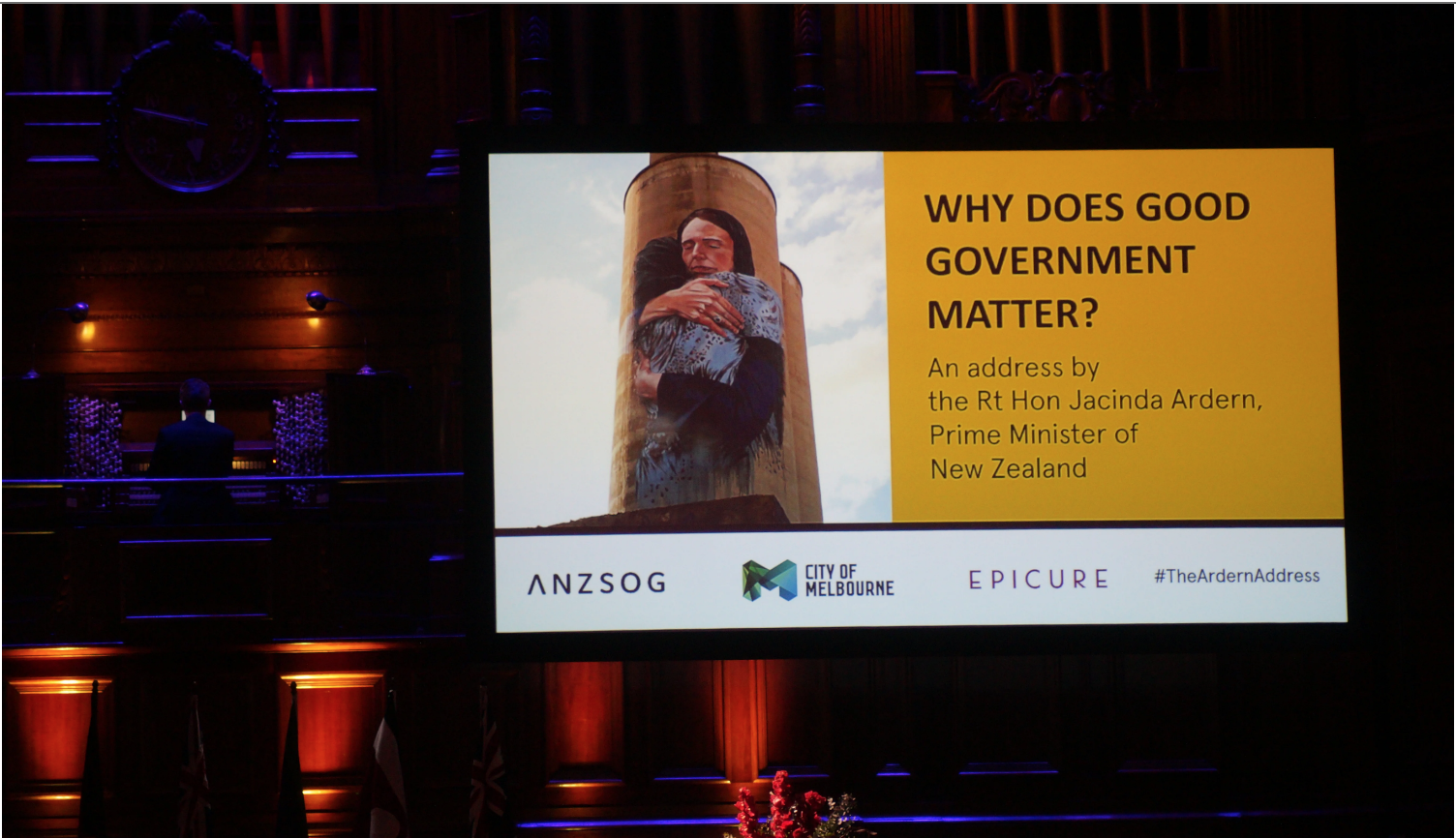Table of Contents
Why does good government matter?
E nga mana, e nga reo, rau-rangatira ma
Prestigious people, speakers of note, chiefs one and all
Nga tangata whenua, o tenei rohe
Tena koutou katoa
I acknowledge the indigenous people of this land and greet all of you in te reo M?ori – the language of New Zealand’s indigenous people.
Nga mihi ki te rangi e tu nei,
Nga mihi ki te whenua e takoto nei,
Nga mihi ki nga mea katoa
Greetings to the sky above,
Greetings to the land below,
Greetings to you all things.
Thank you for inviting me to speak to you today.
Can I start by welcoming the work the Australia and New Zealand School of Government does in support of public policy development in both of our countries.
And my apologies that our best laid plans for me to join you in March were unsuccessful. You did however have our longest serving female Member of Parliament and our now High Commissioner, the Honourable Annette King instead.
She is what I have called a mentor and friend – or a more technical turn of phrase, my political spirit animal. Thank you Dame Annette for your representation.
You have asked me to speak today about why good government matters.
The first premise that I would like to offer in response to this topic is a relatively simple one.
Good government matters, because government affects everything.
This in itself is something that we perhaps take for granted.
I still remember my first election as a candidate. I ran in a traditionally conservative seat in rural New Zealand, but it was my old home town. Near the conclusion of the campaign I was walking down the main street of town when I came across an old school friend’s sister. We stopped to chat. She asked me what I was up to now – once I overcame the small blow this created given she clearly had no idea I was attempting to run for office in a matter of weeks, I tried to pivot towards a conversation about the election. “Oh that” she said. “I don’t think I will bother voting, it doesn’t really have anything to do with me.” A second blow. A women roughly my age who firstly wasn’t interested in politics and secondly had little interest in trying to be.
This crushing, if not edifying, experience happened over 10 years ago. But it could have happened yesterday. We have an impact on people’s daily lives. For better or for worse, whether they know it or believe it. We make decisions that impact on their environment, on their jobs, on their wages and on their healthcare.
That is why good government has always mattered, but in an environment where indifference can and is quite easily turning to distrust, it matters even more.
A quick scan of the horizon and we see that increasingly voters see their governments as not hearing what their interests are, or at worst, working against their interests, even in long-established democracies.
Now that may not be a new phenomenon. Politicians have long been the focus of derision. But what’s new is the increasingly noisy environment that we all operate in – fake news, fragmented interest groups, and multiple sources of news and information that people increasingly distrust. It’s an environment made for shock politics where only the noisy or surprising are heard.
The result?
Around the world, democratic values and institutions are under threat in a way that many of us never expected to see in our lifetimes.
Nationalist sentiment that closes off the possibility of countries working together is surging. Authoritarian movements and regimes are on the rise.
Norms that we in New Zealand and Australia take for granted – the rule of law, the peaceful transfer of power, freedom of expression – are being challenged in new and more explicit ways.
These trends are only possible because large numbers of people believe, rightly or wrongly, that their leaders are failing them.
Unfortunately for us as political animals, I don’t think we can afford to sit back and claim that we’re misunderstood. Not when we look at the context or environment in which all of this dissatisfaction has emerged.



![[The Good Oil] Stuff Up of the Day](/content/images/size/w1304/format/webp/2024/09/Stuff-up-image-1.webp)





